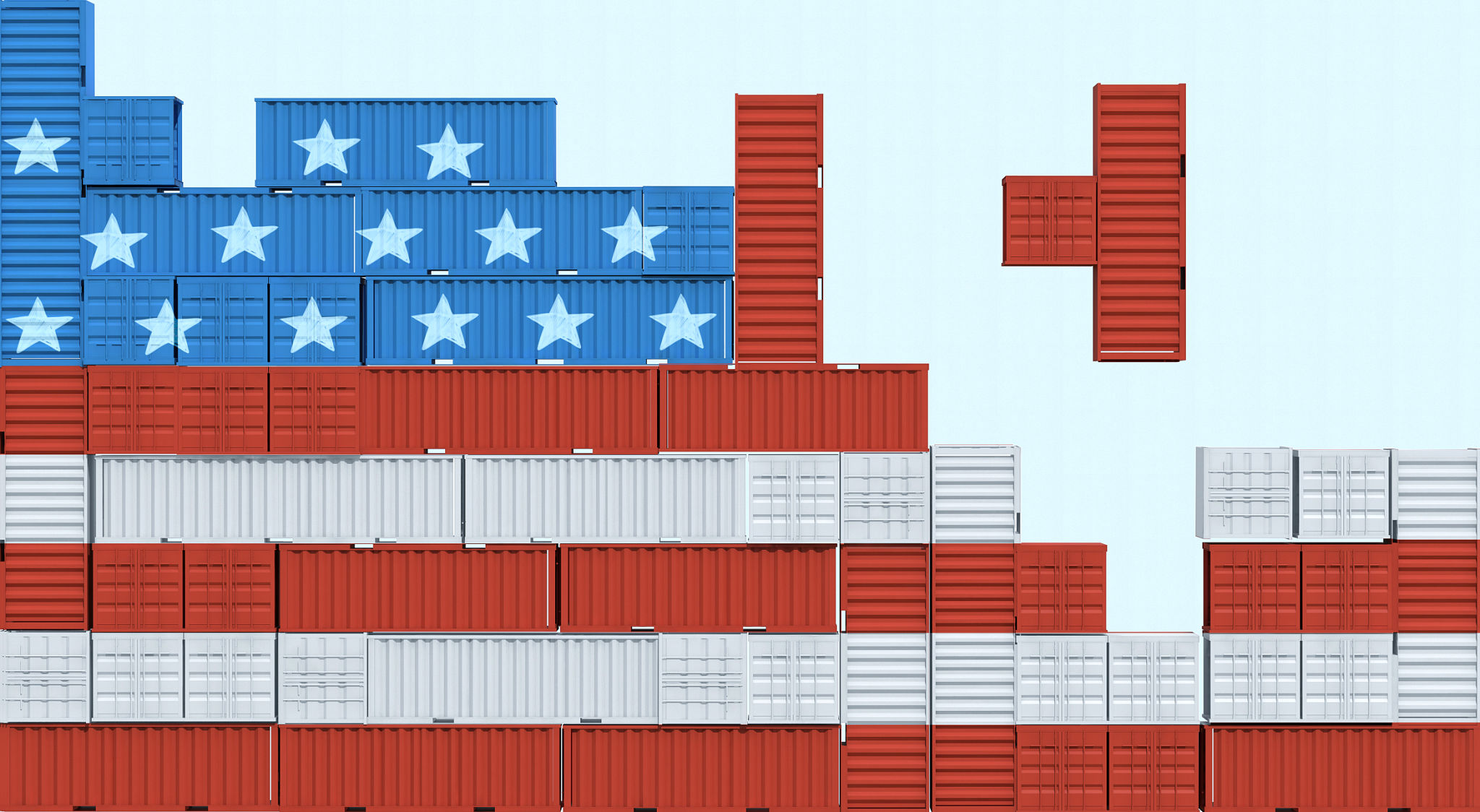The Ultimate Guide to Choosing a Tariff-Friendly Mold Supplier in China
Understanding the Importance of Tariff-Friendly Suppliers
When it comes to sourcing molds from China, one of the biggest considerations for businesses is navigating the complexities of tariffs. Choosing a tariff-friendly supplier can significantly impact your bottom line and streamline your supply chain operations. Understanding the nuances of tariffs and their implications on your business is crucial.
Tariffs can vary depending on the materials used, the type of mold, and the trade policies between countries. It's important to stay updated on these regulations to avoid unexpected costs. Partnering with a supplier that is well-versed in these aspects can save you both time and money.

Researching Potential Suppliers
The first step in selecting a tariff-friendly mold supplier is conducting thorough research. Start by identifying potential suppliers who have experience in exporting molds to your country. Look for suppliers who have a proven track record of compliance with international trade regulations.
Utilize online resources, such as trade directories and industry forums, to gather information about different suppliers. Reading reviews and testimonials from other businesses can provide valuable insights into their reliability and tariff management practices.

Evaluating Supplier Capabilities
Once you have a list of potential suppliers, evaluate their capabilities to ensure they meet your specific needs. Consider factors such as production capacity, quality control measures, and technological expertise. A supplier with advanced capabilities is more likely to handle complex projects efficiently.
Additionally, assess their understanding of tariff regulations. A knowledgeable supplier will not only comply with current tariffs but will also be proactive in anticipating potential changes in trade policies that could affect your business.
Negotiating Favorable Terms
Negotiation plays a crucial role in establishing a successful partnership with a mold supplier. During negotiations, focus on achieving terms that minimize the impact of tariffs on your costs. This might include negotiating for better pricing structures or finding ways to leverage different trade agreements.

Consider engaging the services of a trade consultant or legal advisor who specializes in international trade. Their expertise can help you navigate complex negotiations and ensure that your agreements align with current and future tariff regulations.
Ensuring Quality and Compliance
Quality and compliance should never be compromised when choosing a supplier. Ensure that the supplier adheres to international quality standards and possesses the necessary certifications. This not only guarantees high-quality products but also reduces the risk of customs issues due to non-compliance.
Regular audits and inspections can help maintain quality and compliance standards. Partnering with a supplier that is committed to continuous improvement will benefit your business in the long run.

Building a Long-Term Relationship
Establishing a long-term relationship with a tariff-friendly mold supplier can provide stability and predictability in your supply chain. A strong partnership allows for better communication, more favorable terms, and mutual growth opportunities.
Regularly review the partnership to ensure it continues to meet your objectives. As trade policies and market dynamics evolve, maintaining open lines of communication will help both parties adapt to changes effectively.

In conclusion, choosing the right tariff-friendly mold supplier in China requires careful consideration and strategic planning. By following these guidelines, businesses can mitigate risks associated with tariffs and build strong, lasting partnerships that foster growth and success.